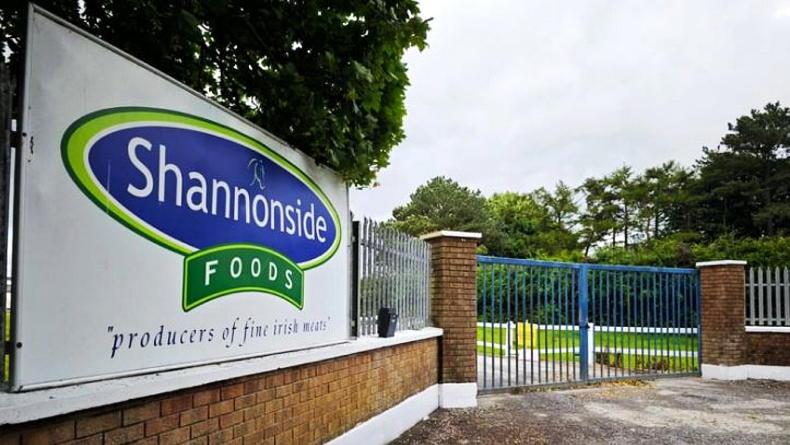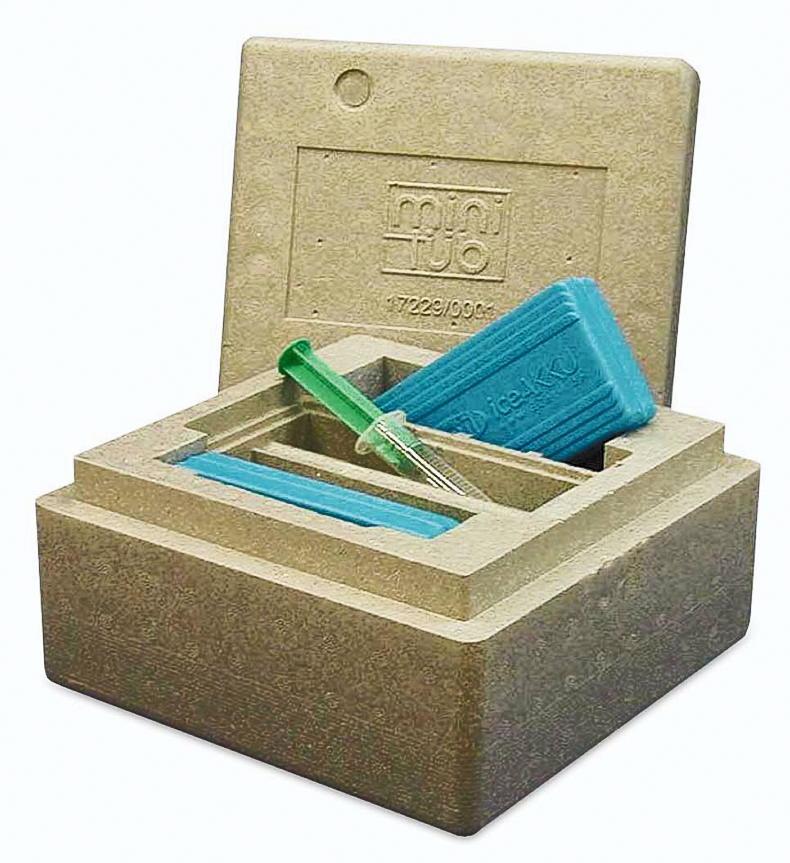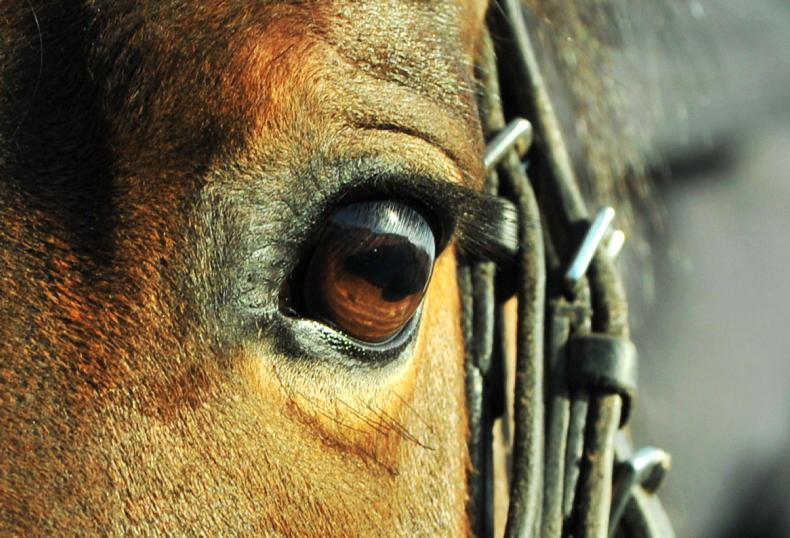SEVEN Irish thoroughbreds were among a batch of 20 horses in poor condition who were seized at Dover Port in England recently. Five had to be put down.
According to international charity World Horse Welfare [WHW], the horses were being transported to Europe, most likely for slaughter. The charity says the continued absence of a horse abattoir in Ireland has become a welfare issue as unwanted equines are being transported on long journeys to slaughtering facilities abroad.
The last remaining abattoir for horses in Ireland, Shannonside Foods in Straffan, Co Kildare, was shut down by the Department of Agriculture last summer pending an investigation into concerns over passport irregularities and other issues aired in an RTÉ documentary.
Approximately 2,000 unwanted horses were slaughtered at the plant every year. Although equine welfare groups advise owners to have unwanted horses put down at home by a veterinary surgeon, it is believed that a significant number of these horses are being traded to dealers who send them to Britain and Europe for slaughter.
A year ago WHW rescued 26 horses being fraudulently transported out of the UK in a shipment they believed originated in Ireland.
‘Horrific conditions’
This week the charity said it had intercepted another 20 horses found travelling from Ireland through Britain “in horrific conditions”. ‘horrific conditions’
Bound for the port of Dover, the shipment included Irish thoroughbreds, Connemaras and leisure ponies – alongside animals that were being moved legitimately.
“Many of the horses were too sick and weak to travel, yet had been crammed into an unsuitable lorry where one foal was on the floor and unable to get back on its feet,” the charity said.
WHW field officer Rebecca Carter said: “At the holding facility I was faced with a heart-breaking scene. The equines were so still and quiet and appeared shell-shocked from their ordeal.
“A number of the horses were underweight and had strangles, a highly contagious bacterial and potentially fatal infection – with the infected horses suffering from painful abscesses and fever.
“Two also had pneumonia, and some were suffering from skin conditions and various other health issues.
“There were three unhandled foals who were matted with faeces as nobody could get hold of them to clean them up. They were completely terrified and when I approached them, they buried their heads into each other and huddled together in a corner of the stable.
“Overall, it was an incredibly sad sight to see this very mixed group of horses, some of which were fully clipped and shod, so previously well cared for, now looking bewildered, poor and depressed, with vacant expressions.”
Euthanised
Following health and welfare assessments, five of the Irish thoroughbreds had to be euthanised. Two survived.
Asked if the thoroughbreds can be identified, a WHW spokesperson said: “They are to an extent, and we are just in the process of piecing together what we know about the ones that came into our care. We should be in a position to release more information about them in the coming weeks.”
According to transport documents, the consignment began in Northern Ireland but the collection of unwanted horses may well have begun in the Republic before heading north to avoid border checks.
“Our research would suggest that horses that are being trafficked can change hands numerous times, so tracing their individual movements is extremely difficult,” the WHW spokesperson said.
“Those involved in the illegal trade of horses will use a network of collection points such as fields or yards to facilitate this.
“By making it an EU to EU movement and using Britain as a land bridge, smugglers know there will be less stringent checks at the border and they can drive straight out of the green lane at Calais.”
On whether the practice has escalated since the Straffan abattoir closed last year, WHW said: “It is impossible to tell. However, the practice of exporting animals for slaughter is not unusual – the RTE documentary ‘Horses: Making a Killing’ last year clearly demonstrated that. From our perspective, there is a welfare concern relating to the lack of an abattoir in Ireland as it means horses are having to be travelled further for slaughter.”
The charity says that prosecutions in such cases are not straightforward. “In Britain, the local authority is responsible for enforcement of Welfare in Transport, but for movements covering different jurisdictions, this is complicated.
“With different jurisdictions involved and a paper based equine ID and traceability system that is too open to fraud, enforcement will continue to be challenging.”
Traceability
Asked what more could the Irish authorities do to help prevent this from happening, WHW said: “We need a completely digitalised system of equine ID across Europe. The paper-based system does not provide the robust traceability needed and is also too open to fraud.
“Ireland is currently looking at an ePassport system (digitalised passport) – whist it will incorporate temperature readings and weight recording, which are welcomed from a welfare perspective, they won’t do anything to help with traceability.
“The proposed DNA records are also good, but these won’t help at borders, slaughterhouses or markets, as they can’t be checked quickly.
“Digital medical records will help, if the ePassport can be linked back to an individual horse, as they’ll show whether the horse is fit for human consumption. And having a GPS location/tracking is something we are in full support of.
“In a fully digitised system, each European country needs to have a public facing database and the ability for authorities to access it. Enforcement agencies also need to work better in and between countries.”




 This is a subscriber-only article
This is a subscriber-only article
 It looks like you're browsing in private mode
It looks like you're browsing in private mode










SHARING OPTIONS: